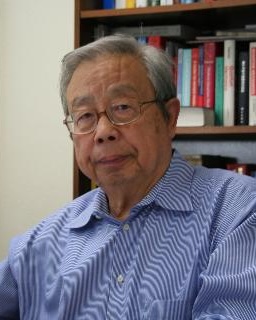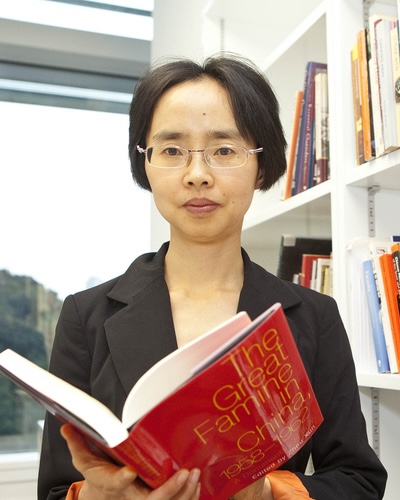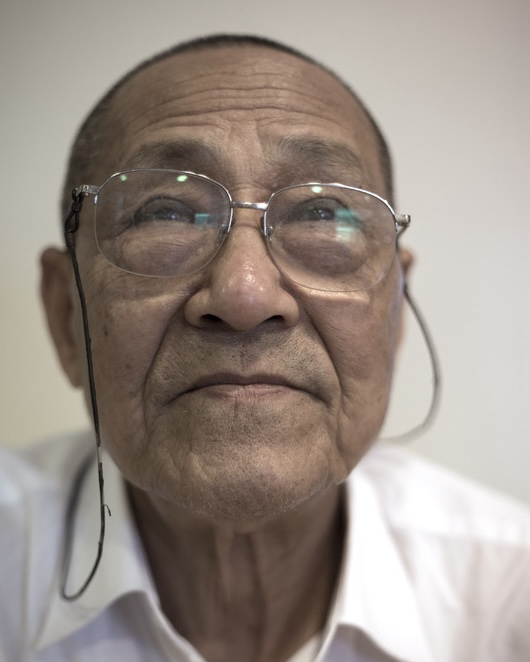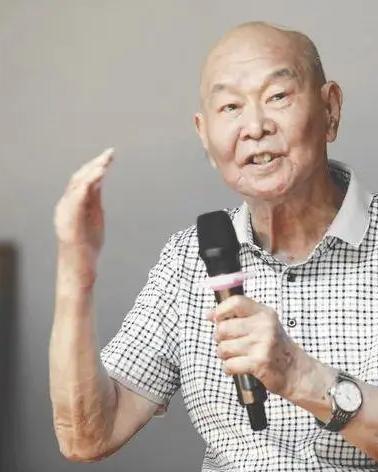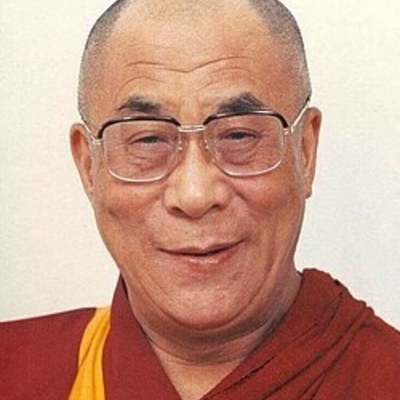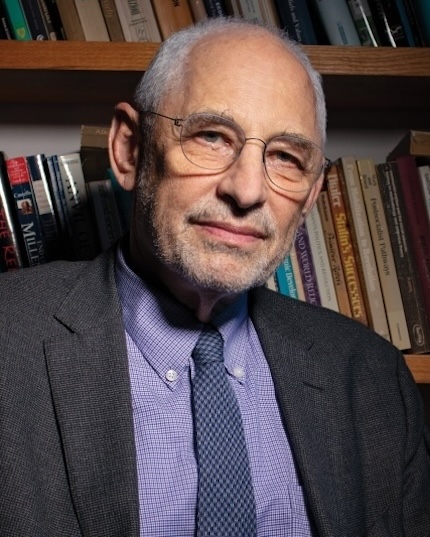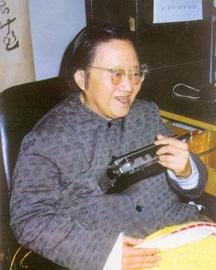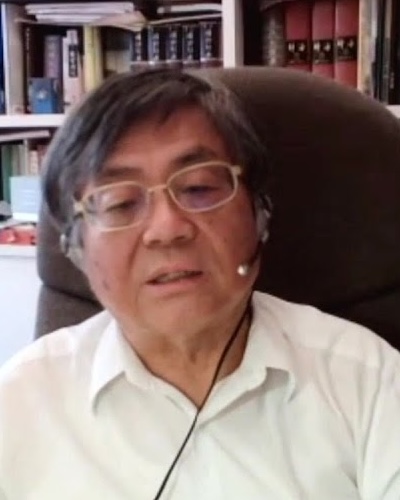
Chen Yung-fa
Chen Yung-fa (September 1, 1944 -) is a history scholar. Chen was born in Chengdu, Sichuan Province to a farmer-worker family, and his family moved to Taiwan in 1949. Chen graduated from the Department of History of National Taiwan University with a master's degree. After earning his doctorate in history from Stanford University, he became a professor at National Taiwan University.
Chen has served as a researcher and director of the Institute of Modern History of the Academia Sinica of the Republic of China, a professor in the Department of History at National Taiwan University, and is currently a Corresponding Research Fellow at the Institute of Modern History of Academia Sinica, where he was elected an academician in 2004.
Chen's main field of research is the history of the Chinese Communist Party. His works include <i>Poppies under the Red Sun: The Opium Trade and the Yan'an Model</i>, <i>Yanan’s Shadow</i>, and <i>Seventy Years of China’s Communist Revolution</i>.

Shen Yuan
Shen Yuan (the pen name of Chen Yulin), was born in Shanghai in 1936. He was admitted to 他the Beijing International Studies College, and joined the CCP in 1956. He was labeled a Rightist in 1958, expelled from the Party, and exiled to the frontier for reeducation through labor. After his rehabilitation in 1978, he was reinstated as a Party member and in the subsequent years worked for the Party. Dissatisfied with the CCP's suppression of the June Fouth student movement in 1989, he left mainland China and moved to Hong Kong. In 2007, he co-founded the Hong Kong Five-Seven Society and had since devoted himself to the collection of historical data for many years, and is mainly engaged in the study of the Anti-Rightist campaign. He passed away on December 28, 2019 in Shanghai at the age of 84.
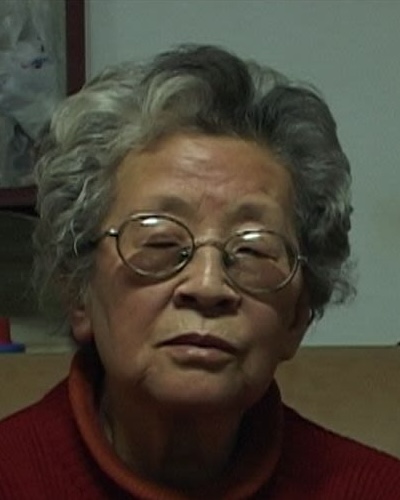
He Fengming
He Fengming (1932—2025), a native of Huining, Gansu Province. After the founding of the PRC in 1949, He gave up the opportunity to go to university and joined <i>Gansu Daily</i>, a CCP newspaper founded in September that year.
In 1957, He and her husband, Wang Jingchao, who was also an editor of <i>Gansu Daily</i>, were labeled Rightists and exiled to work in the Shigong labor camp and Jiabiangou labor camp, respectively. Because of the harsh conditions at the Jiabiangou labor camp, Wang died of starvation in 1961. In the same year, He Fengming returned to work at the <i>Gansu Daily</i> in Lanzhou. During the Cultural Revolution, she was labeled a Rightist again, dismissed from her position, and sent back to her hometown for supervised labor.
After rehabilitation in 1978, He was assigned to teach at the Northwest Institute of Nationalities (now Northwest Minzu University) in 1979 until retirement. In her later years, He wrote and published <i>Experience: My 1957</i>, documenting her experiences in the Anti-Rightist Campaign. Director Wang Bing had made the documentary <i>He Fengming</i> about her, which was more than three hours long and mostly oral narrations of He.
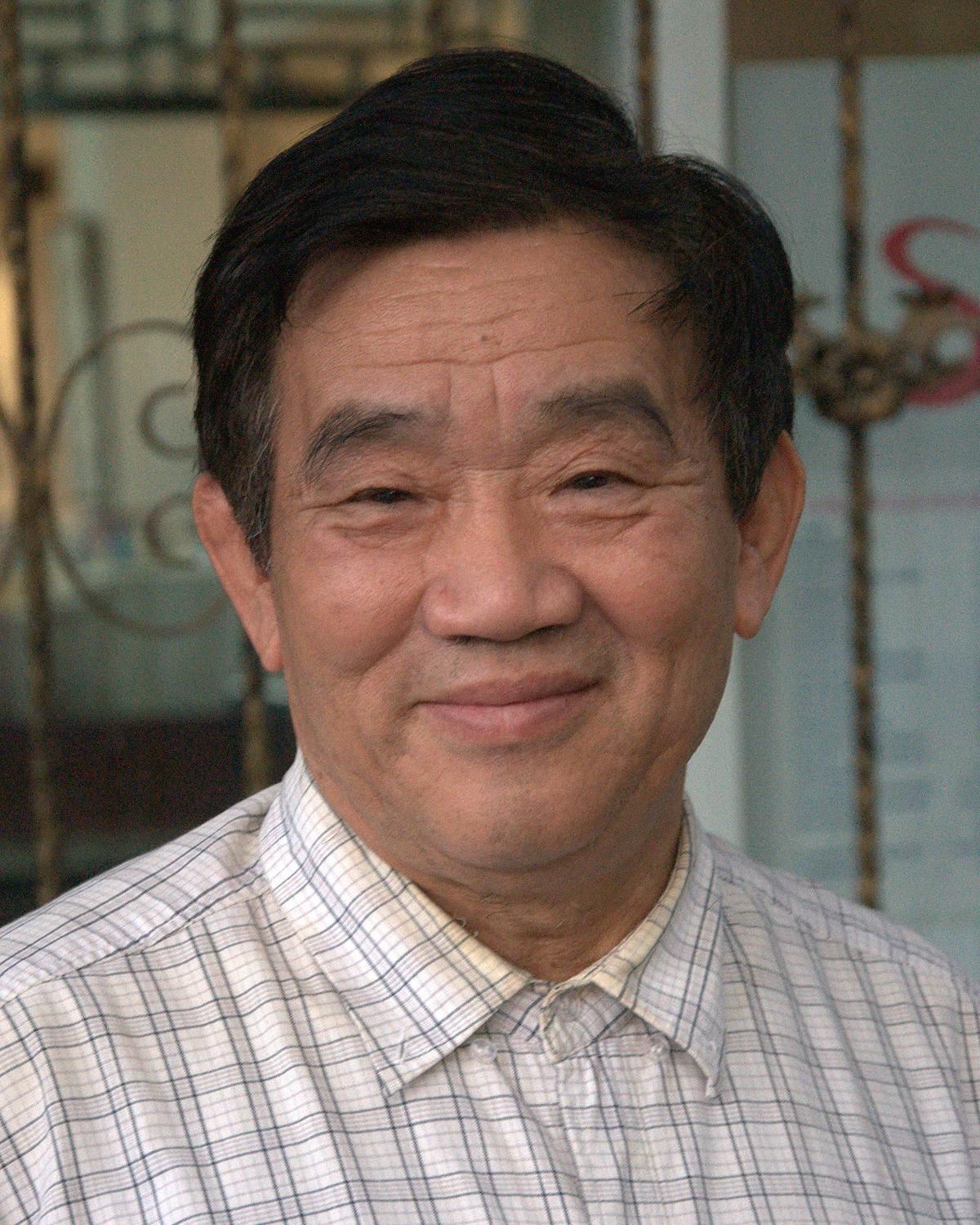
Yang Jisheng
Yang Jisheng (1940–) was born in Xishui County, Hubei Province, and is one of China’s most important independent historians, writing internationally acclaimed books on the Great Famine and the Cultural Revolution. He also served as a h senior reporter for Xinhua News Agency, a professor, and has long been engaged in political economy, history, and social commentary. His career, spanning half a century, has profoundly influenced social thought and political discourse in post-reform China.
In 1960, Yang was admitted to Tsinghua University to study tractor engineering in the Department of Power Engineering. He graduated in 1966, a time when the Cultural Revolution broke out. In 1968, Yang joined the Tianjin branch of Xinhua News Agency as a reporter. In the 1970s, he wrote articles reflecting social realities, such as <i>The Large-Scale Occupation of Civilian Housing by the Military in Tianjin Seriously Affects Civil-Military Relations and Investigation of Labor Productivity</i> in Tianjin, revealing his keen attention to China's social reforms.
Over several decades at Xinhua, Yang accumulated extensive experience in political, economic, and cultural reporting. He served in several important roles, including editorial board member and director of the Theory Department at <i>Economic Reference Daily</i>, director of the News Publishing Center, and director of the News Investigation Department. Additionally, he was the editor-in-chief of China Market magazine in Hong Kong. In 1984, Yang was named one of the first National Outstanding Journalists, and in 1992, he was awarded the State Council's Special Government Subsidy for Distinguished Experts.
After retiring, Yang continued to be active in commentary and academia, contributing to magazines such as <i>China Reform, China Entrepreneur</i>, and <i>Method</i>. In early 2003, he became the deputy editor-in-chief of <i>Yanhuang Chunqiu</i> magazine.
Yang’s academic and commentary works cover a wide range of topics, including modern Chinese politics, social change, and historical memory. One of his representative works is <i>The Political Struggles in the Era of Chinese Reform</i>, which was published in Hong Kong at the end of 2004. This book contained his firsthand interview materials from 1976, the year of Mao Zedong's death, to the 1989 Tiananmen crackdown. It also includes three interviews he conducted with then-General Secretary Zhao Ziyang, who at the time was under house arrest after the 1989 protests. Because Zhao had promised not to release these interviews during his lifetime, they were only published after his death. This book provides a deep reflection on the Reform Era and reveals many of the power struggles of the time. Through his portrayal of Zhao Ziyang, Yang not only showcases the political stance of this reformist leader but also presents the intense political battles during China’s transition.
Yang came to international attention through his 2008 book <i>Tombstone: The Great Chinese Famine</i>. This book meticulously records the famine, revealing the catastrophic disaster caused by Mao Zedong’s policies. Using a large number of archival materials and testimonies from survivors, Yang describes the tragic deaths of approximately 36 million Chinese people due to famine and violent policies. Although the book was banned in mainland China, it was widely distributed internationally and won several prestigious awards, including the Hayek Book Prize from the Manhattan Institute.
In addition to Tombstone, Yang’s other internationally known work is his 2016 work The World Turned Upside Down: A History of the Chinese Cultural Revolution. In this extremely long and detailed work, Yang describes the events between 1966 and 1976, also using archival material and first-person interviews.
He is also the author of <i>The Deng Xiaoping Era: A Chronicle of China's Reform and Opening-up</i>, which explains the political and economic structural changes during the reform period. This book reviews the process of China’s reform and opening-up, focusing on Deng Xiaoping’s leadership in economic reforms and political adjustments. Yang evaluates the successes of China's economic development and the challenges encountered in political system reforms.
When discussing the future direction of China's reforms, Yang stated, “Power does not belong to the majority. There is a significant difference and unfairness between those who have power and those who do not. After thirty years of reform, the "cake" has grown very large, but its distribution is highly unfair. Those with power have received a large and favorable portion, while those without power have received very little. The system formed over more than thirty years of reform and opening up is called the ‘power-market economy system.’ Although it is a market economy, it is a market economy controlled by power. Power manipulates the market economy. Under the control of power, the market is distorted and imperfect. The fundamental problem is inequality. The gap between those with power and those without has created significant conflict and disparity, leading to social disharmony. This is why the idea of ‘building a harmonious society’ and the need for stability maintenance were proposed — all due to the social disharmony and inequality caused by the system.”
Additional resource: <a href=”https://www.chinafile.com/library/nyrb-china-archive/finding-facts-about-maos-victims”>interview with Yang Jisheng by Ian Johnson</a>
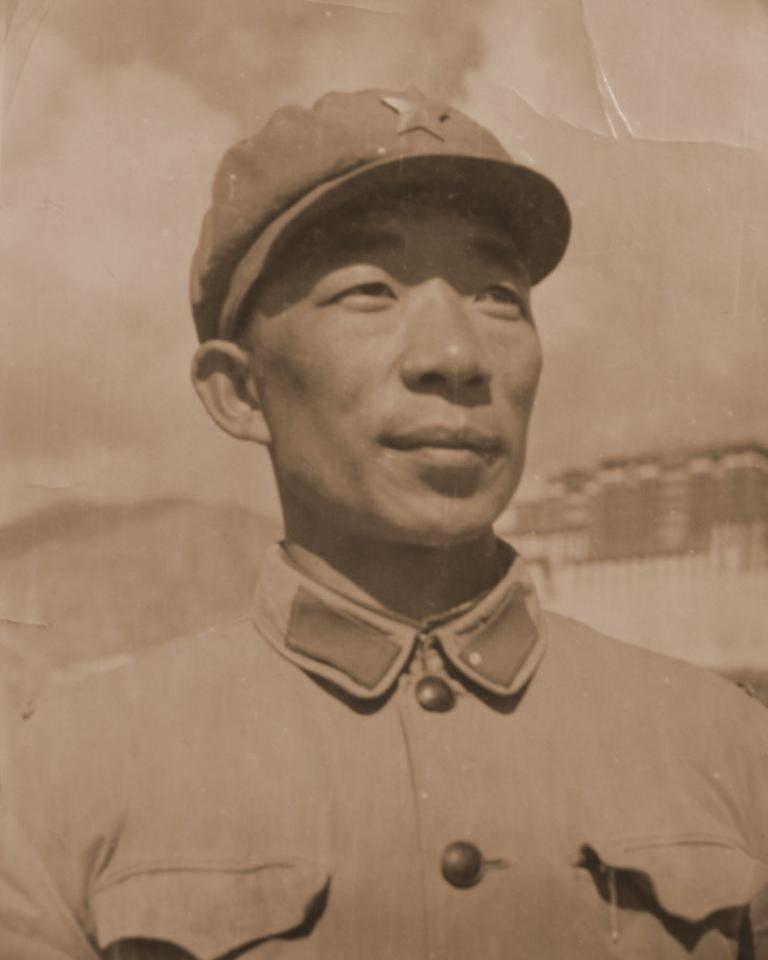
Tsering Dorje
Tsering Dorje (1937 - December 25, 1991)’s father was a Han Chinese who was a former Kuomintang officer, and later joined CCP’s Red Army; Dorje’s mother was a local Kham Tibetan in Derge, Sichuan Province. When a division of People's Liberation Army passed through Derge in 1950, the then 13-year-old Dorje was sent by his father to enlist in the army, and went to Tibet to serve as an interpreter, and joined the Chinese Communist Party in 1957. While working in the Tibetan Military District, Dorje took part in the quelling of the Tibetan uprising in 1959, the Sino-Indian War in 1962, as well as the establishment of the Tibet People’s Broadcasting Station where he operated the program " Broadcast for Tibetan Compatriots Outside of China."
During the Cultural Revolution, Dorje was kicked out of Lhasa because of factional fighting in the army, and was transferred to Garzê Tibetan Autonomous Prefecture in Sichuan Province, during which he headed a local People's Armed Forces unit, part of the militia system in Mao’s China, as well as serving as chief of staff of a local military sub-district. In June 1990, he was appointed as deputy commander of the Lhasa Military Sub-District and returned to Lhasa. On December 25, 1991 Dorje died of illness.
Dorje was an amateur photographer who took a large number of photographs during the Cultural Revolution in Tibet. In 2006, his daughter, Tsering Woeser, compiled nearly three hundred photographs, mainly taken between 1966 and 1970, into a book titled *Forbidden memory: Tibet during the Cultural Revolution*, which was published in Taiwan and later by Potomac Books in the United States.
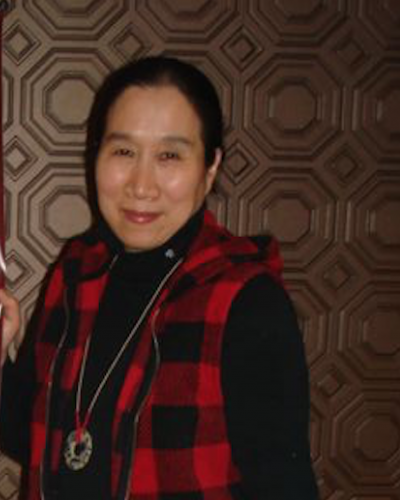
Eva
The American-based writer Yi Wa (1965—), whose official name is Song Lin, was born in a poor farming family in Liuqiao Township, Fuping County, Shaanxi Province. During the 1958-1962 Great Famine in China, five members of her family starved to death. Yi Wa's mother was a beggar from Gansu Province's Tianshui County. Unable to survive during the Great Famine, she fled to Fuping, Shaanxi, where she married and gave birth to Yi Wa.
After growing up, Yi Wa moved to the United States with her husband in 1993. For a long time, she did not understand her mother's tragic history or the severity of the famine that occurred before her birth. Because her elders avoided talking about past events, Yi Wa only learned about the details of the Great Famine years later, gradually uncovering her mother's painful family history and realizing that five members of her family had died in the famine.
According to her editor, Yang Jisheng's monumental work <i>Tombstone: The Great Chinese Famine, 1958-1962</i> played a key role in this process. Using the opportunity of visiting relatives in China, Yi Wa gradually coaxed her mother into revealing the painful stories of the past. In 2011, she forced her mother and uncle to visit their ancestral home in Gansu for the first time. There, she met many relatives who had survived the famine; almost every family had lost members. Yi Wa began writing one story after another about the painful experiences of these people. Every time she returned to China, she spent significant time investigating and gathering evidence, ultimately writing Searching for the Survivors of the Great Famine.
In <a href=”https://web.archive.org/web/20250528084915/https://www.open.com.hk/content.php?id=1626”>an interview with Hong Kong’s Open Magazine</a>, Yi Wa described what more could be done in research on the Great Famine:
"The Great Famine happened fifty years ago, but very few people know about it, and many are either unaware or unwilling to acknowledge it. Some people still sing, 'The sun is the reddest, Chairman Mao is the closest.' 'The Party, oh, dear mother.' I believe this country, this party, and the intellectuals of this country owe an apology to the millions of souls who died, to the people who endured that disaster, and to the hundreds of millions of farmers who suffered in China.
Their suffering is our collective suffering. Humanity should not be divided by class or hierarchy. We should be united as brothers and sisters. This famine was the deadliest disaster in human history, with no war, no natural disasters, and no plagues, but it caused the most deaths. It is a tragedy that fills me with deep sorrow and anger. It is an unforgivable crime against humanity, a heinous crime.
My hopes and prayers are many: I hope to see a monument to the Great Famine erected in Tiananmen Square. I hope that Beijing, the provinces, cities, and counties will have museums dedicated to the Great Famine, especially in the most affected regions. I hope for a memorial day for the Great Famine. I hope someone will design a symbol to commemorate the Great Famine. I hope more righteous people will urgently investigate, research, and write books, with the possibility of publishing them openly in China.
Let our future generations never forget history, and learn from it. Of course, my greatest hope is that one day, the main perpetrators of this massacre and famine— the Communist Party— will admit their crimes and kneel before the Chinese farmers to apologize and repent. I also hope that those who starved to death during the famine, and those who endured hunger, will receive moral, emotional, and economic compensation."
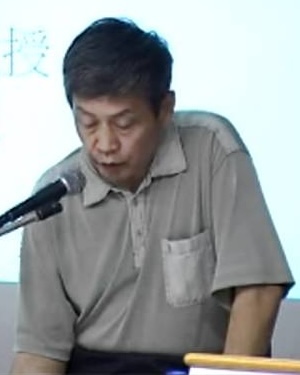
Bu Weihua
Bu Weihua (1950-), is a native of Rugao, Jiangsu Province. In 1963, Bu was admitted to Tsinghua University High School in Beijing, the cradle for the Cultural Revolution's Red Guard movement, and was a Red Guard during the Cultural Revolution. In 1969, Bu went to Yanchuan County, Shaanxi Province, to join the army; from 1971 to 1975, he served as a soldier in the 3262nd unit of the Shenyang Military Region. After demobilization, he worked at the Beijing Institute of Technology. In 1977, Bu was admitted to the Department of History of the Beijing Normal College, and after graduation in 1982, he worked for the Commission for Collecting CCP Historical Data. In 1988, he started to work for the Central Party History Research Office, and retired in 2010.
Bu has devoted himself to the study of the history of the Cultural Revolution. His works include “The Development of the Red Guards in Tsinghua University High School” (published in the party-led journal <i>CPC History Studies</i> in 1999), and <i>Smashing the Old World: The Turmoil and Havoc of the Cultural Revolution</i> (published by Research Centre for Contemporary Chinese Culture of Chinese University of Hong Kong in 2008.

Liu Junning
Liu Junning (November 1961—) , a native of Shucheng, Anhui Province, is a political scientist. Liu received his Ph.D. in political science from Peking University in 1993, was a researcher at the Institute of Political Science of the Chinese Academy of Social Sciences (CASS), and a visiting scholar at Harvard's Fairbank Center for Chinese Studies. In early 2000s, Liu was expelled from Chinese Academy of Social Science for his advocacy for liberalism and constitutional democracy. He later became a researcher at the Institute of Chinese Culture under China's Ministry of Culture. Liu is a liberal scholar, a signatory to Charter 08, and the author of *Republic·Democracy·Constitutionalism: A Study of Liberalism*, *On Conservatism*, and *Democracy: A Chinese Citizen’s Textbook*, among other books.

